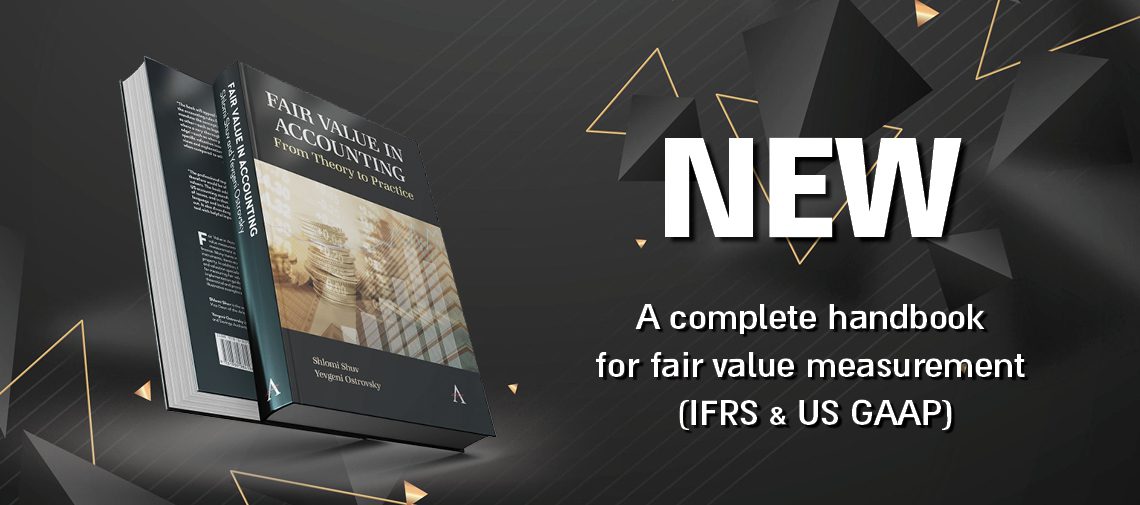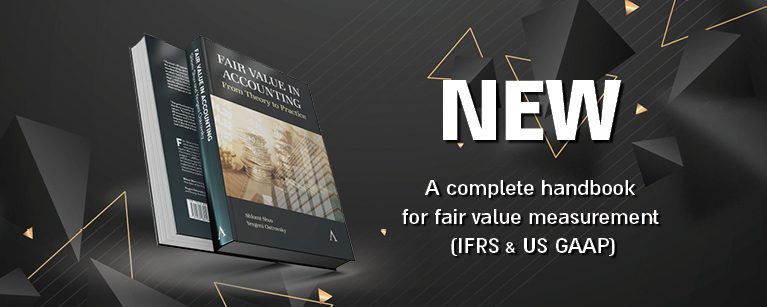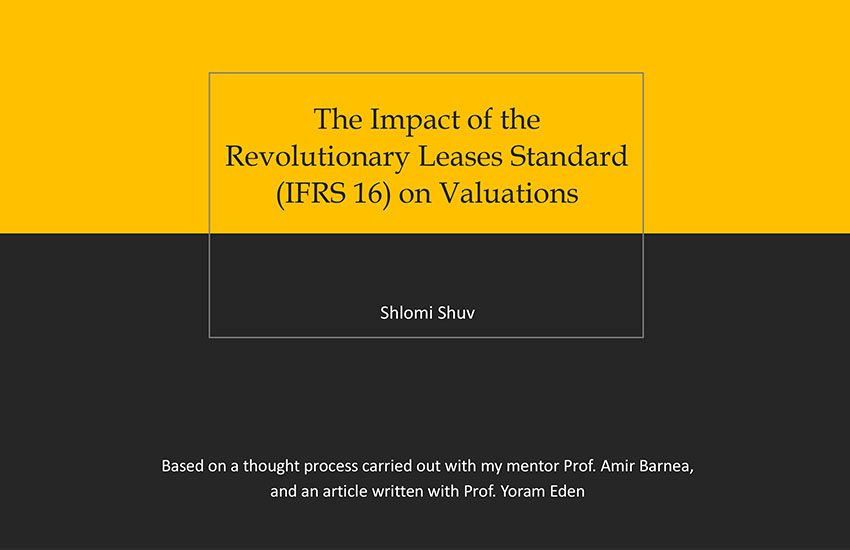

Off-Balance Sheet Financing: The Proposed Amendment to IAS 37 Demonstrates the Need to Recognise a Liability for the Acquisition of an Asset in Exchange for Performance-Based Contingent Consideration
Currently, IFRS does not provide an answer to the fundamental question of whether a financial liability arises from an obligation for contingent consideration that depends on the future performance of the acquirer in relation to the acquired asset, unless it involves a business combination. As a result, the practice in this area varies, and the acquisition of property, plant and equipment or an intangible asset in exchange for such contingent consideration may not appear at all in the statement of financial position.
The Missing Twist in the New Proposal for Amendments to IAS 28 on the Equity Method
The New ED Proposal deliberately avoids fundamental issues of what exactly is significant influence and whether the equity method is a measurement basis or a one-line consolidation. However, the key issue that should have been addressed is why a fair value model, which is more relevant to investors, is not adopted for associates. A preferable alternative solution is that a fair value measurement for investments in listed associates should be required, while it will be optional for non-listed associates.
It is Time for the IFRS to Adopt Pushdown Accounting
Adopting the pushdown accounting model in IFRS will lead to a tremendous improvement in the relevance of financial statements without compromising their reliability. In line with a new extensive project taken by the IASB, and in view of the distortion resulting from the current cost accounting approach, this accounting model is an essential solution to the inadequate presentation of the economic value of intangible assets, which can constitute a significant portion of the value of many companies. Under this accounting model, upon a change in control a one-time revaluation of the acquired company's identifiable assets and liabilities and any goodwill are recognised in its own financial statements, which are derived from the new basis of accounting determined by the acquirer. Additionally, adopting this model will obviate the existing accounting loophole in structuring acquisition transactions using target companies.
Unprecedented Disclosure Requirements in IFRS on Business Combinations: Where else should the Trend to adopt the Management Approach Go?
IFRS has taken a significant step forward with a proposal for disclosure requirements of management key objectives and related targets in strategic business combinations and the extent to which they are subsequently met. The background to this unprecedented disclosure stems from the concern that management may try to conceal failed business combinations. The proposal reflects a clear trend by the IASB to use the management approach to improve the relevance of financial statements. Shaking up traditional accounting and increasing auditor awareness of the business perspective through the management approach is also appropriate in several other accounting topics, such as the selection of accounting policies.
A Proposed Accounting Model for Recognition of Research and Development (R&D) Costs as Intangible Assets (*)
The loss of relevance inherent in the current accounting rules for R&D costs, against the backdrop of the revised definition of an asset in the Conceptual Framework, leads us to believe that it is appropriate to recognize costs to create intangible assets, such as R&D costs, as an asset that is periodically tested for impairment based on independent cash flows rather than as part of a larger cash-generating unit. This will, among other things, prevent the reporting disincentive that currently exists for internal R&D projects which stands in contrast to shareholders' interests, and creates fertile ground for management manipulations. According to our proposal, that relates to the new important research project of the IFRS on intangible assets, the existing distinction between internally generated intangible assets and those acquired from third parties will be eliminated.












